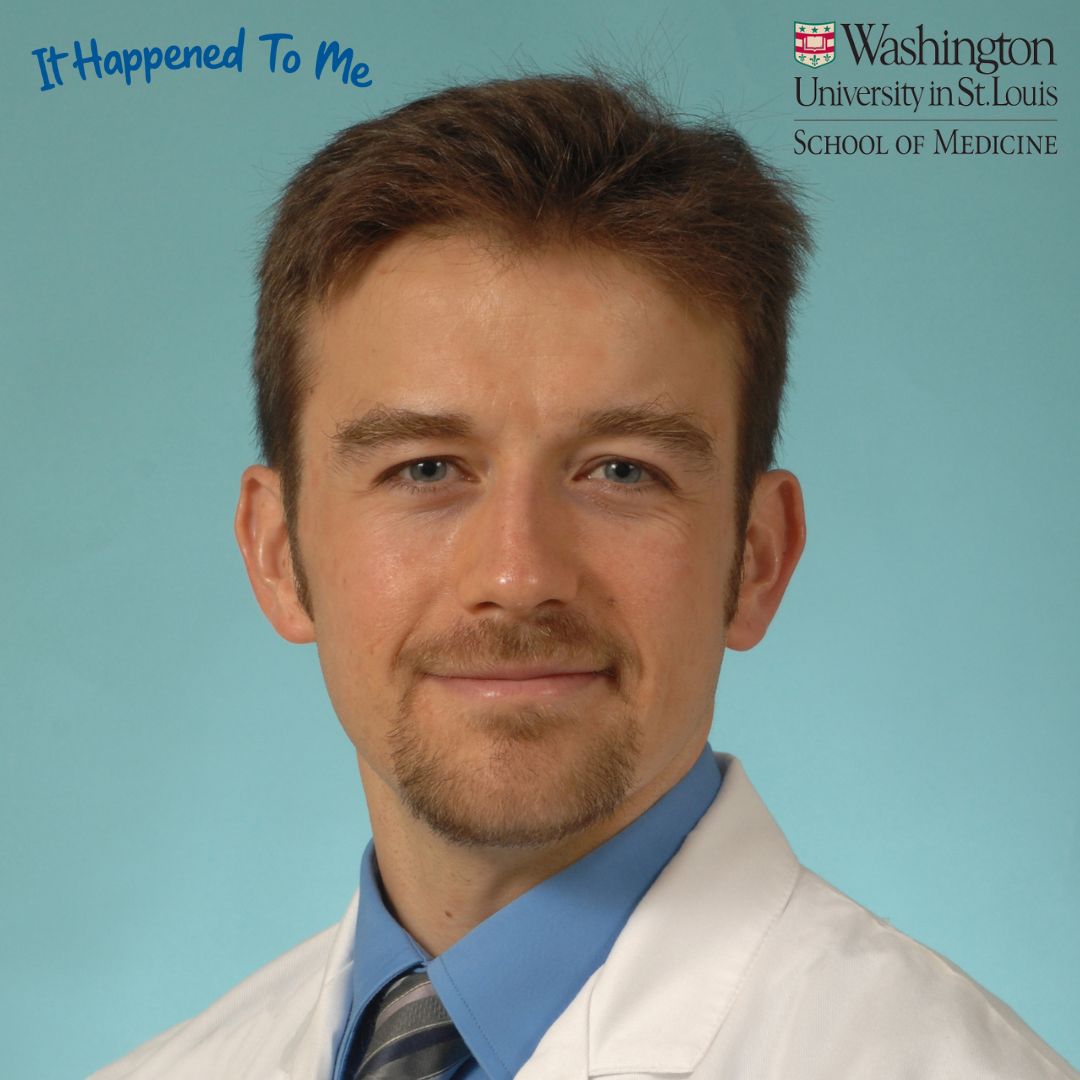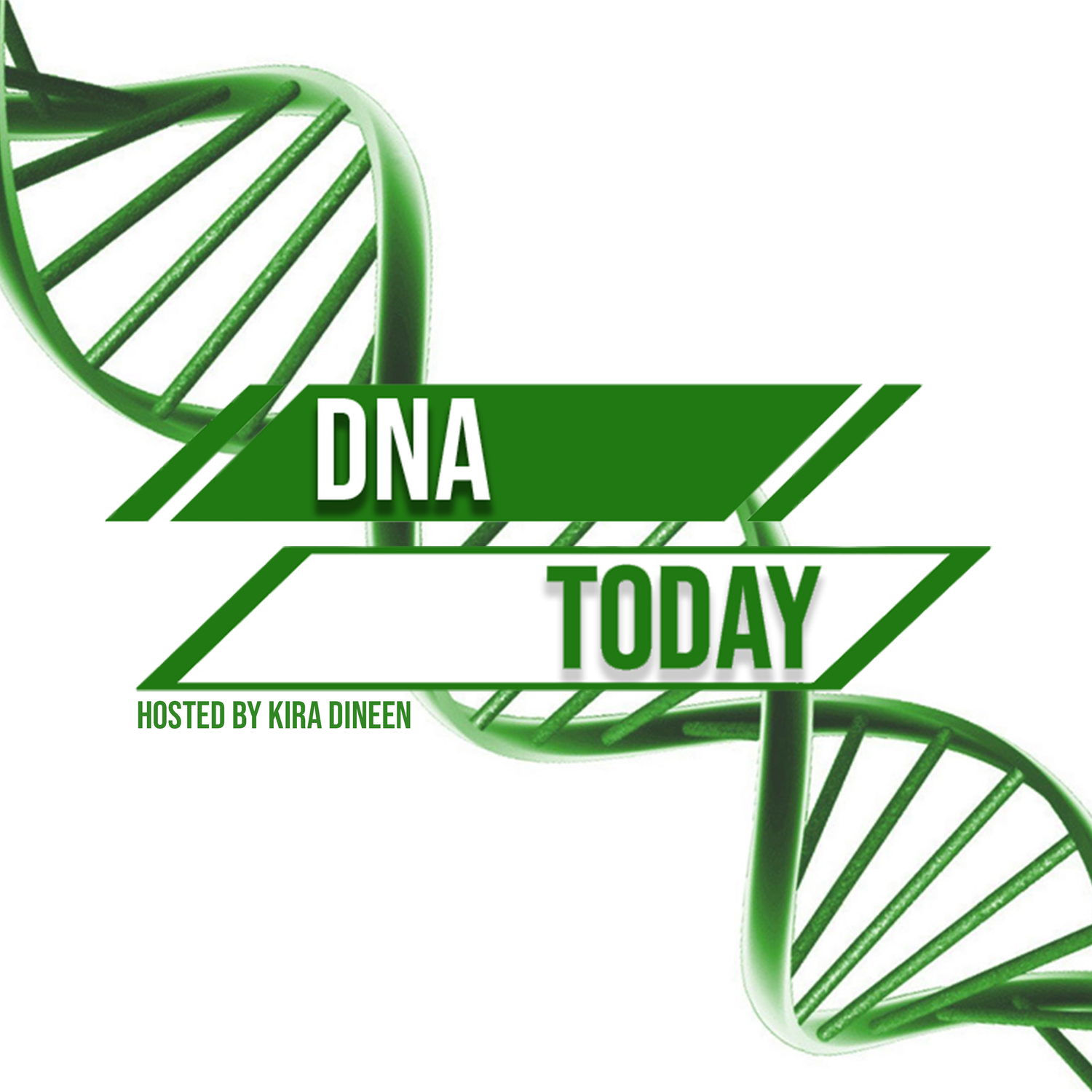
#320 Genetics in Neuromuscular Disorders: Diagnosis and Treatment with Dr. Robert Bucelli

DNA Today: A Genetics Podcast
What does neuromuscular neurology entail, and who is typically affected by it?
Neuromuscular neurology deals with disorders of the nerves, the neuromuscular junction, and muscles, which are outside the brain and spinal cord. Common conditions include ALS, peripheral neuropathy, myopathy, and myasthenia gravis. These disorders can affect anyone, but some are hereditary or genetically determined.
Why is there a shortage of neuromuscular neurologists in the U.S.?
There is a general shortage of neurologists in the U.S., and within neurology, neuromuscular specialists are even rarer. Many neurologists shy away from the peripheral nervous system, and in some large urban areas, there might not be a single neuromuscular provider.
What role does the patient-doctor relationship play in diagnosing neuromuscular disorders?
The patient-doctor relationship is crucial in diagnosing neuromuscular disorders. A detailed patient history and physical examination are still the foundation of the diagnostic process, despite advancements in technology. These elements help guide further diagnostic testing and treatment.
What are some common symptoms of neuromuscular disorders?
Common symptoms include weakness, problems with mobility, sensation issues, pain, balance problems, and difficulty with speaking, swallowing, and breathing. These symptoms often lead patients to seek neuromuscular neurology care.
How do genetics and genetic testing play a role in diagnosing neuromuscular disorders?
Genetic testing is integral in diagnosing hereditary neuromuscular disorders. The availability and cost of genetic testing have significantly improved, allowing for earlier and more accurate diagnoses. Genetic counselors are also crucial in interpreting test results and providing support.
What are some management strategies for neuromuscular disorders?
Management strategies include physical and occupational therapy, lifestyle modifications like diet and exercise, and support from organizations like the Muscular Dystrophy Association and the ALS Association. Multidisciplinary care teams, including physical therapists, speech therapists, and dietitians, play a vital role in patient support.
What are some of the latest advancements in treating neuromuscular disorders?
Recent advancements include the use of antisense oligonucleotides (ASOs) and gene therapy. ASOs have been used to treat ALS, and gene therapy has shown significant success in conditions like spinal muscular atrophy. These technologies are rapidly evolving and hold promise for treating other neuromuscular disorders.
How do socioeconomic factors impact the diagnosis and treatment of neuromuscular disorders?
Socioeconomic factors significantly affect access to care, including neuromuscular specialists and genetic testing. Studies show that patients from lower socioeconomic backgrounds often have less access to these resources, leading to delayed diagnoses and poorer outcomes.
What emerging technologies hold promise for improving the management of neuromuscular disorders?
Emerging technologies like ASO therapy, gene editing, and vector-based gene therapy are showing promise. ASO therapy has already been approved for ALS, and gene therapy has transformed the treatment of spinal muscular atrophy. These technologies are expected to be applied to other neuromuscular disorders in the future.
What parting advice does Dr. Bucelli have for patients and listeners?
Dr. Bucelli advises patients to stay informed and engaged, as the field of neuromuscular disorders is rapidly evolving. He encourages patients to participate in clinical trials and to seek support from organizations and communities that can provide additional resources and emotional support.
- Neuromuscular neurology is a subspecialty dealing with the nerves, neuromuscular junctions, and muscles.
- Common disorders include peripheral neuropathies, myopathies, and myasthenia gravis.
- Many neuromuscular disorders have genetic origins.
Shownotes Transcript
“DNA Today” isn’t the only podcast that Kira Dineen produces. She also is involved on the production of other genetics shows like the Journal of Genetic Counseling’s new podcast “DNA Dialogues)”, n-Lorem’s “Patient Empowerment Program)”, Know Rare’s “Rare Insights)”, The PhenoTips’ Speaker Series), and relevant to this episode, she is the Executive Producer of “It Happened To Me)” explores rare diseases and medical challenges.
One of the other shows is called “It Happened To Me” which explores rare diseases and medical challenges. This week the show released its 50th episode and wrapped its second year of episodes; to celebrate we are releasing this special interview on DNA Today’s feed!
This milestone episode of “It Happened To Me” features Dr. Robert Bucelli who explores neuromuscular neurology including the role of genetics in diagnosing and treating neuromuscular disorders.
Over the last two years and 50 episodes, “It Happened To Me” co-hosts Cathy Gildenhorn and Beth Glassman draw on their own health challenges as they interview patient advocates and experts who share stories and knowledge to help listeners succeed in the face of difficult health obstacles.
In this episode, Dr. Bucelli shares his wealth of knowledge on neuromuscular neurology, exploring topics such as:
What neuromuscular neurology entails and who is affected.
The role of genetics in diagnosing and treating neuromuscular disorders.
Common symptoms, risk factors, and diagnostic approaches.
How therapies like physical and occupational therapy play a role in management.
Lifestyle modifications, including diet and exercise, to minimize risk.
The latest advancements in research and treatment, including ASO therapy.
Strategies for coping with the challenges of living with neuromuscular conditions.
Dr. Bucelli has been a practicing neurologist at the ALS Clinic since 2011. He is an Associate Professor of Neurology at the Washington University School of Medicine in St. Louis where he serves as the Site Principal Investigator on several clinical studies relating to ALS.
After graduating summa cum laude from Canisius College in Buffalo, New York with a degree in biology, Dr. Bucelli went on to receive his medical degree and PhD from the State University of New York at Buffalo as part of the Medical Scientist Training Program. He then completed an internship in internal medicine and postgraduate residency in neurology at Barnes-Jewish Hospital and the Washington University School of Medicine, followed by a postgraduate Clinical Fellowship Training Program in the Department of Neurology’s Neuromuscular Section, also at Barnes-Jewish and Washington University. He is also a graduate of the Washington University and Barnes-Jewish Hospital Academic Medical Leadership Program for Physicians and Scientists.
Dr. Bucelli is expert in diagnosing and treating neuromuscular disorders including amyotrophic lateral sclerosis. He also reads and interprets muscle and nerve biopsies to aid in the diagnostic evaluations of patients seen at Washington University and many additional outside institutions. Dr. Bucelli’s clinical expertise guides exemplary multidisciplinary ALS care in the neuromuscular clinic. His skill in delivering drugs to the fluid surrounding the spinal cord has enabled Dr. Bucelli’s and Washington University’s leadership in trials using to turn off the production of harmful genes that cause ALS.
Dr. Bucelli has received numerous awards for excellence in teaching and clinical work at Washington University. He is a five-time recipient of the Eliasson Award for Teaching Excellence and has authored over 40 peer-reviewed manuscripts. He is a frequently invited guest lecturer and presenter at regional and national conferences.
Loved this episode? Make sure you follow this show on Apple Podcasts), Spotify), streaming on their website), or any other podcast player by searching, “It Happened To Me”. The next new episode will drop on January 6th, 2025, but don’t wait, you can listen to 50 other episodes in the meantime.
“It Happened To Me” is created and hosted by Cathy Gildenhorn and Beth Glassman. DNA Today’s Kira Dineen is our executive producer and marketing lead. Amanda Andreoli is our associate producer. Ashlyn Enokian is our graphic designer. Questions/inquiries can be sent to [email protected].
Stay tuned for the next new episode of DNA Today on December 27th! New episodes are released every Friday. In the meantime, you can binge over 320 other episodes on Apple Podcasts), Spotify), streaming on the website), or any other podcast player by searching, “DNA Today”. Episodes since 2021 are also recorded with video which you can watch on our YouTube channel), this includes some episodes recorded at NBC Universal Stamford Studios.
DNA Today is hosted and produced by Kira Dineen. Our video lead is Amanda Andreoli. Our social media lead is Kajal Patel. Our Outreach Intern is Liv Davidson. And our logo Graphic Designer is Ashlyn Enokian, MS, CGC.
See what else we are up to on Instagram), X (Twitter)), Threads), LinkedIn), Facebook), YouTube) and our website, DNAToday.com). Questions/inquiries can be sent to [email protected]).